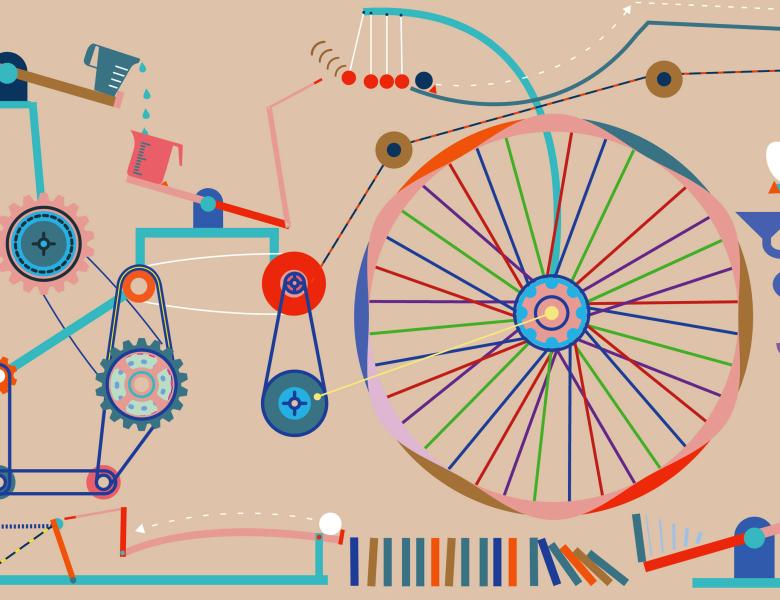
Abstract
The Q-learning algorithm is a simple, fundamental and practically very effective reinforcement learning algorithm. However, the basic protocol can exhibit an unstable behavior when implemented even with simple linear function approximation. While tools like target networks and experience replay are often implemented to stabilize the learning process, the individual contribution of each of these mechanisms is not well understood theoretically. This work proposes an exploration variant of the basic Q-learning protocol with linear function approximation. Our modular analysis illustrates the role played by each algorithmic tool that we adopt: a second order update rule, a set of target networks, and a mechanism akin to experience replay. Together, they enable state of the art regret bounds on linear MDPs while preserving the most prominent feature of the algorithm, namely a space complexity independent of the number of step elapsed.


